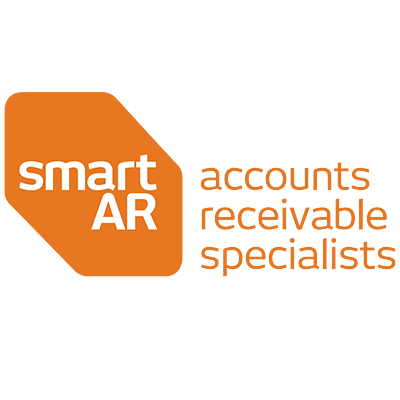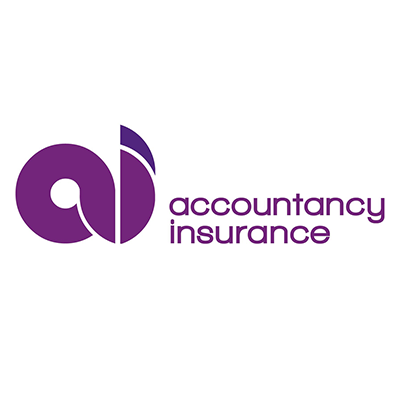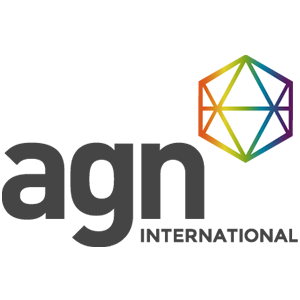For many, receiving a letter from the Inland Revenue (IRD) advising that they have decided to undertake a risk view in relation to a certain transaction or tax position taken, can certainly make the heart skip a few beats, even when the correspondence was somewhat expected – perhaps due to a large GST refund claim having been made.
IRD reviews and audits can become very time consuming and expensive, particularly in cases where the person under review perhaps cannot provide all the information requested, or responds to a certain question in a way which creates confusion or suspicion in the mind of the IRD officer – remember the old saying, first impressions count.
Often the initial communication from IRD will request large amounts of information from the person, and commonly we see it’s like a large fishing net being thrown out – start wide, catch as much as you can up front, and then narrow the focus on the bigger fish, once the contents of your net have been examined.
In our experience, the initial ‘net’ is a template letter – almost identical in its drafting across a raft of different taxpayers, requesting the standard types of documents you would expect the person to have in their possession, depending on the nature of the review – a GST refund claim on a land purchase for example – a copy of the sales and purchase agreement, legal settlement statement, evidence of payment being made etc.
How you prepare your initial response to an IRD information request, will often dictate how the review will progress. Say the wrong thing or not explain a certain transaction clearly enough, and you could find yourself in for the long haul, as once the IRD officer has formed a certain mind set, it can be quite challenging to realign their way of thinking, to be on the same path as yours.
We are here to assist in mitigating the risk of the review going off the rails in its early days, endeavouring to instead have the reviewer satisfied to the extent necessary to close case, with minimal cost exposures, expressed both in time and money, for our clients.
We have an experienced team, who certainly have an appreciation of how to navigate with the IRD and plot the best course through the process, seeking the best possible outcome for our client. Certainty the questions asked by IRD, excuse the pun, can be quite taxing, and when drafting our response, we have the technical expertise to ensure that the risk of misinterpretation or confusion on the part of the IRD officer, which will only lead to further questions, is materially reduced.
Sometimes however, there will simply be a difference of opinion, a stalemate position where neither party in the review (often now having progressed to an audit) is prepared to concede. At this point, the case will move to the formal disputes process – more formal documents and timeframes required to be adhered to. We are also well versed in assisting our clients find a pathway through these trees of uncertainty, preparing the necessary dispute documents and attending conferences with the IRD team, in an attempt to resolve the remaining differences in opinion.
Ultimately however, it’s a question of economics, and while the emotional pockets of the client may be very deep, the financial ones will not be so, and certainly not to the extent of the IRD (it’s not their money they are spending after all). Consequently the focus needs to move to reaching an appropriate settlement, even if it means agreeing not to agree, and we will be able to guide you through this sometimes emotionally draining process, with the view to obtaining the best possible outcome we can for you in the circumstances.











